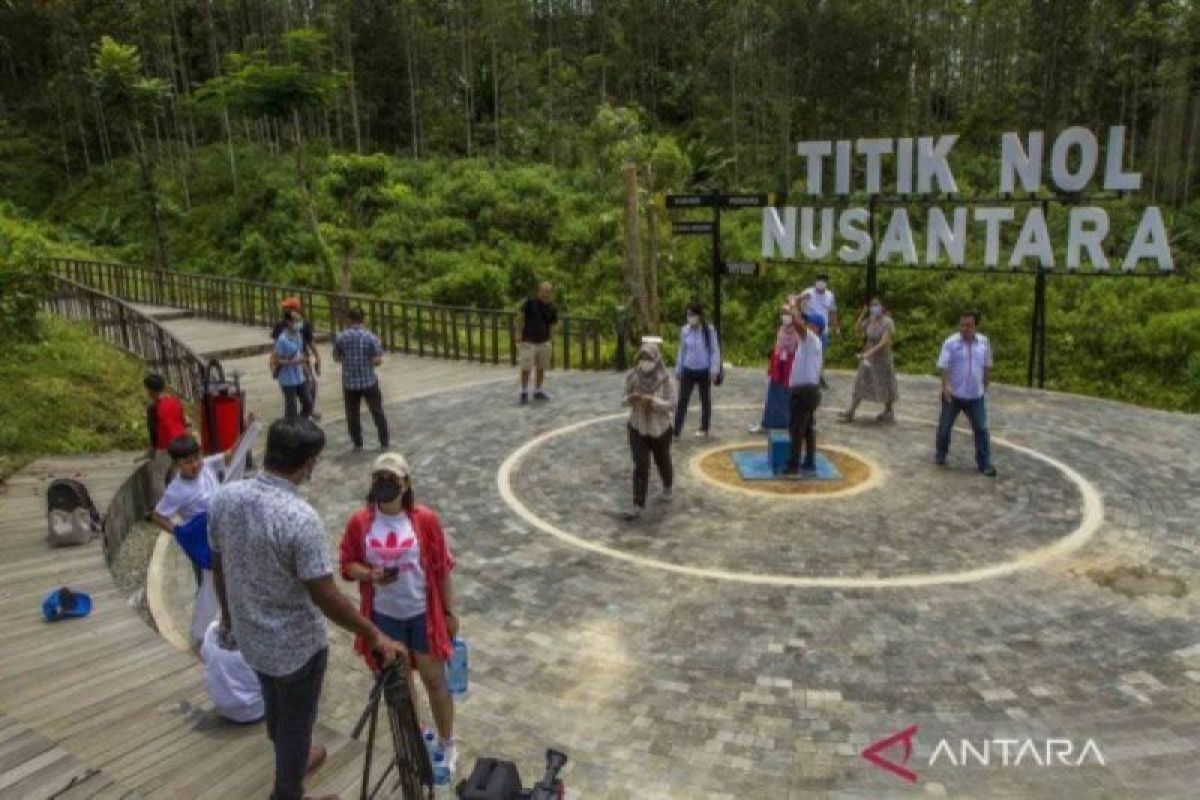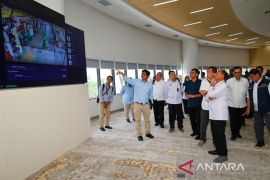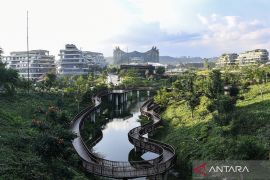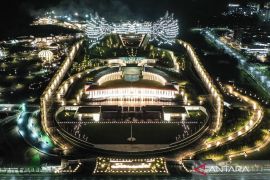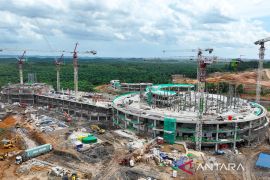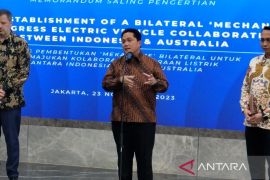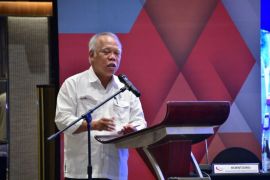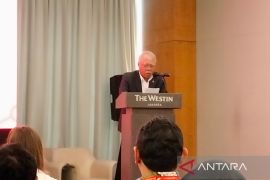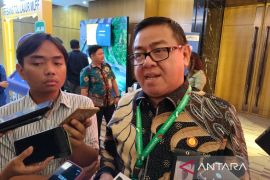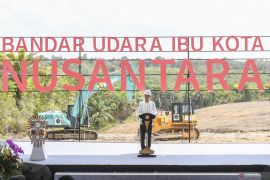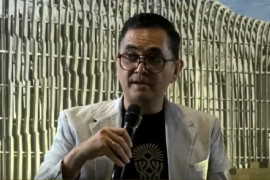"Waste issues are one of the recurring problems in cities throughout the world. Hence, in IKN, 60 percent of its waste should be recycled," Safitri stated in an online discussion here on Monday.
Meanwhile, the rest of the non-recycled waste will be used as fuel for power plants or be processed to make new products.
The deputy noted that an integrated waste management facility is under construction in Nusantara City to facilitate waste recycling.
However, Safitri said, the more essential aspects that should be taken into account regarding waste management in the new capital are the lifestyle and the way of thinking of its residents regarding waste.
"It will be helpful for us if an individual can start reducing the waste from themselves," she stressed.
Related news: OIKN emphasizes need to practice minimal waste lifestyle in Nusantara
The official highlighted that the OIKN is educating school pupils about proper waste management through its "My School has Minimal Waste" educational programme.
"Usually, if the pupils already have the awareness, they will tell their parents to do it once they are home," Safitri remarked.
The Ministry of Public Works and Public Housing is developing an integrated waste management facility in Nusantara City as one of the basic infrastructures developed for the new capital in the 2022-2024 period.
Proper waste management is one of the requirements for Nusantara City to be a sustainable global city, as mandated by Law No. 3 of 2022 on National Capital.
The authority targets 100 percent of the waste in Nusantara City to be recycled to prevent it from piling up in landfills. Waste produced in the new capital will be sorted from their sources and processed at the facility comprehensively.
The new capital also adopts a conservative projection strategy that will see only five percent of the city's waste end up in landfills.
Related news: Gov't pushes circular economy implementation in IKN development
Translator: Aji Cakti, Nabil Ihsan
Editor: Yuni Arisandy Sinaga
Copyright © ANTARA 2024
